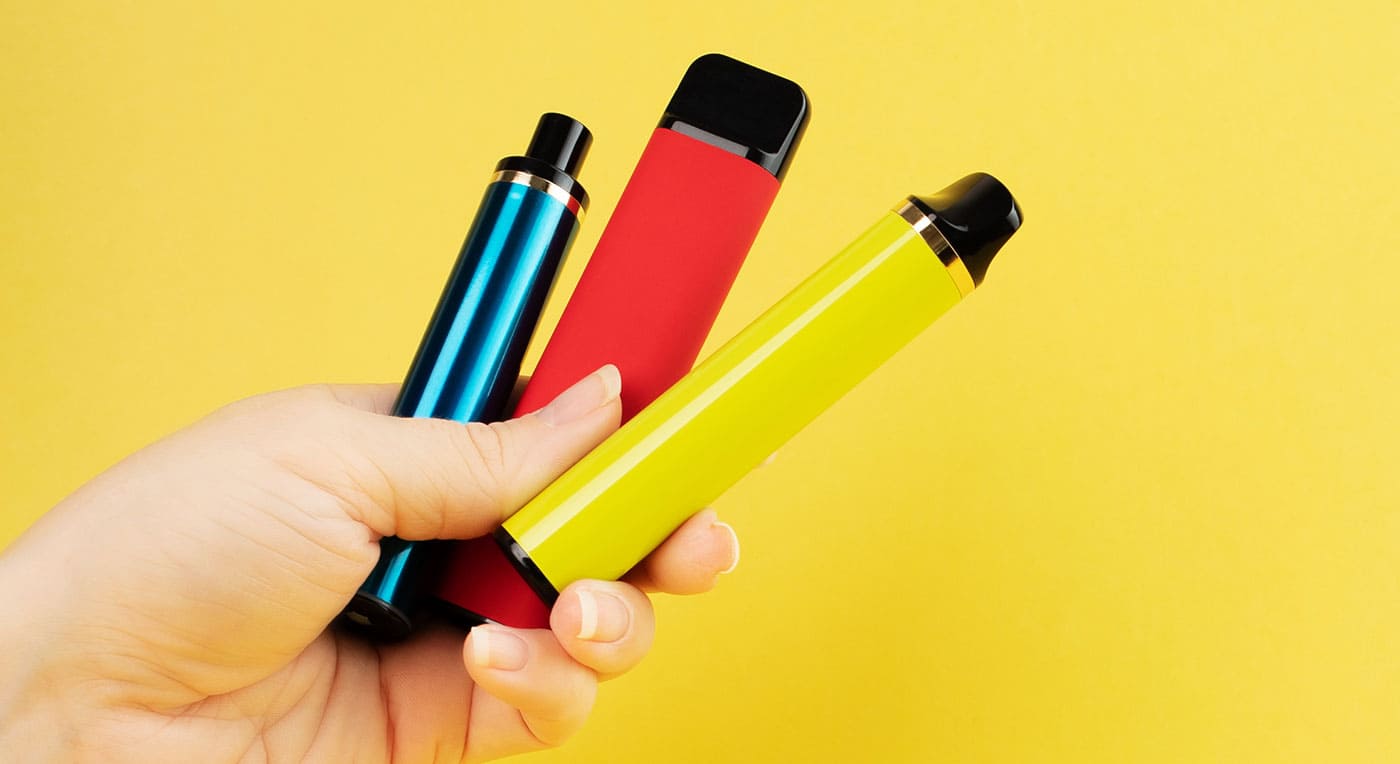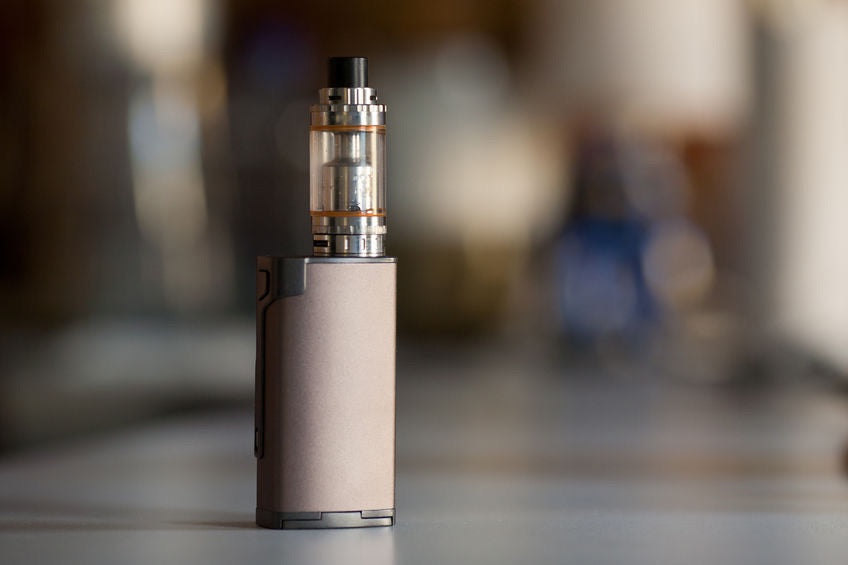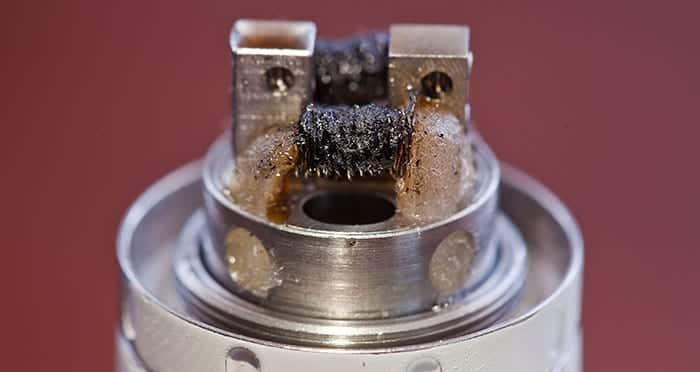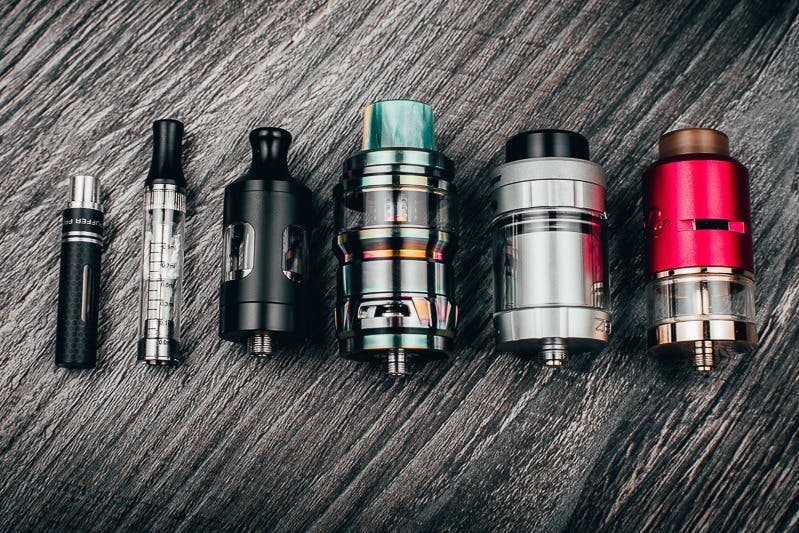
The evolving landscape of vaping has sparked intriguing discussions, especially when intertwined with the sacred practice of fasting. This comprehensive exploration addresses pivotal questions surrounding vaping and fasting, with a particular focus on the Islamic observance of Ramadan.
Does vape break your fast?
Delving into the Islamic perspective, the Al-Magrib Institute unequivocally declares the impermissibility of using e-cigarettes during fasting. This prohibition stems from the perceived harmful nature of e-cigarettes and the ingestion of nicotine, drawing parallels to the rulings applied to traditional cigarettes. The nuanced interplay between modern practices and religious principles prompts a closer examination of the ethical dimensions surrounding vaping during fasting.
To grasp the depth of this stance, it's essential to explore the reasoning behind considering vaping as a potential disruptor of the sacred act of fasting. The Al-Magrib Institute's position underscores the broader discourse on the permissibility of contemporary practices within the framework of religious traditions.

Will nicotine break a fast?
A scientific lens reveals an intriguing facet of the debate. Research indicates that in the context of rats, smokeless nicotine, administered at a specific dose, has no discernible effect on fasting or post-glucose leptin values. However, the crucial caveat here is the translation of these findings to human fasting practices. The inherent differences between rat and human metabolism, coupled with the intricate dynamics of nicotine's impact, underscore the need for cautious interpretation.
Despite the scientific nuances, the question persists: does nicotine, a central component of vaping, hold the potential to disrupt the sanctity of fasting? Unravelling the physiological intricacies of nicotine absorption during fasting becomes pivotal in constructing a holistic understanding of its possible implications.
Can you smoke when fasting?

Beyond the realm of vaping, the broader question of smoking during fasting beckons consideration. While smoking cigarettes itself may not directly break a fast, the long-term health ramifications cannot be ignored. The deleterious effects of smoking encompass an increased risk of heart disease, strokes, cancer, lung disease, and diabetes. This paints a nuanced picture of fasting, not just as an abstention from food and drink but as a holistic commitment to overall well-being.
Exploring the impact of smoking during fasting extends beyond the immediate concern of breaking the fast. It raises pertinent inquiries about the alignment of one's lifestyle choices with the essence of fasting and its intended benefits. The intersection of health and religious observance invites a discerning evaluation of practices that may compromise both physical and spiritual well-being.
Is it allowed to vape in Islam?

Intricacies within Islamic jurisprudence come to the forefront when examining the permissibility of vaping in Islam. The overarching view deems vaping as Haram, emphasizing its potential harm to the individual. However, a crucial caveat emerges – if a vape excludes harmful substances such as nicotine, THC, or alcohol, it may be deemed Halal.
This nuanced stance underscores the importance of scrutinizing the composition of the vape. The emphasis on harm avoidance aligns with broader Islamic principles concerning individual well-being. Yet, even with a seemingly harmless vape, a caveat persists: during fasting hours, even the inhalation of harmless substances is discouraged, as it is construed as a form of consumption.
Can you vape while fasting for Ramadan?
The sacred month of Ramadan holds a distinct position in Islam, marked by rigorous fasting from dawn to sunset. As Muslims worldwide engage in this spiritual practice, questions regarding the permissibility of vaping during Ramadan surface. A definitive consensus emerges – both smoking and vaping are explicitly prohibited during this sacred time.
The prohibition stems from the broader understanding that fasting extends beyond abstaining from food and drink. Smoking or vaping is considered a violation of the fast, and engaging in these practices immediately breaks the sanctity of the fast. The rationale lies in the particles present in smoke reaching the stomach, challenging the purity and integrity of the fasting experience.
Navigating the intricacies, various Islamic scholars and institutions assert the impermissibility of vaping during Ramadan. The Al-Magrib Institute reiterates its stance, labelling e-cigarettes as impermissible due to their harmful nature and the ingestion of nicotine, echoing the prohibitions applied to traditional cigarettes.
Highlighting the distinctive nature of Ramadan fasting, the article emphasizes that even nicotine-free e-liquid, while blurring the lines, is generally considered to break the fast. The act of inhaling chemicals into the body is seen as compromising the purity and discipline central to the Ramadan fast.
Health/Weight Loss Fast vs. Ramadan Fast:
To enrich the discourse, a critical distinction surfaces – the variance between health or weight loss fasting and religious fasting, such as Ramadan. Health fasting involves calorie restriction, dietary adjustments, or complete abstinence from food and drink for specific periods. Notably, water consumption is often permitted.
In contrast, Ramadan fasting adheres to stricter rules, encompassing a comprehensive abstention from all forms of sustenance, including water, from sunrise to sunset. This period of self-discipline and spiritual reflection aims to redirect focus from physical needs to higher pursuits.
Does vaping break a health fast?

In the context of a health-focused fast, where the primary goal may be calorie restriction or detoxification, vaping is generally seen as permissible. The negligible caloric content and absence of sugars in most e-liquids align with the objectives of this fast. However, a cautionary note advises individuals to scrutinize ingredients before indulging in vaping during health fasts.
The article posits that understanding the nuances of a health fast, personalized goals, and individual preferences are integral in determining the permissibility of vaping. The absence of a universal stance underscores the importance of aligning one's fasting practices with personal health objectives.
Does vaping break a Ramadan fast?
Transitioning to Ramadan fasting, the discourse takes a distinct turn. While vaping may not disrupt a healthy fast, it unequivocally breaches the sanctity of Ramadan fasting. The reasoning extends beyond caloric considerations to encompass the broader impact of inhaling substances, even if devoid of nicotine.
The intersection of health and religious considerations demands a meticulous evaluation of one's goals and intentions. The consensus remains steadfast – vaping during Ramadan fasting is discouraged, and individuals are urged to prioritize the spiritual and physical dimensions of the fast.
Conclusion:
In the expansive tapestry of vaping and fasting, the interplay of scientific insights, religious principles, and individual choices unravels complexities. This comprehensive analysis navigates the multifaceted dimensions, from Islamic perspectives to scientific nuances and distinctions between health and religious fasting.
The impermissibility of vaping during Ramadan, as asserted by Islamic scholars and institutions, underscores the reverence attached to this sacred observance. While health fasts may permit vaping under specific conditions, the holistic commitment to overall well-being remains a guiding principle.
As individuals embark on diverse fasting journeys, this exploration serves as a compass, urging thoughtful reflection on the interplay between contemporary practices and ancient traditions. Consultation with religious authorities and healthcare professionals emerges as a crucial step, ensuring a nuanced understanding tailored to individual circumstances. Ultimately, the synthesis of knowledge, spirituality, and personal discernment shapes a conscientious approach to navigating the nexus of vaping and fasting.
FAQ
Q: What is the Islamic perspective on vaping during fasting?
A: According to the Al-Magrib Institute, vaping is impermissible during fasting due to its harmful nature and the ingestion of nicotine, akin to the rulings applied to traditional cigarettes.
Q: Is there scientific evidence regarding the impact of nicotine on fasting?
A: Research on rats suggests that smokeless nicotine at a specific dose has no significant effect on fasting or post-glucose leptin values. However, applicability to human fasting practices requires cautious consideration.
Q: Does smoking cigarettes break a fast?
A: While smoking itself may not break a fast, the long-term health risks associated with smoking raise concerns about its compatibility with the overall goals of fasting, including spiritual reflection and well-being.
Q: What is the Islamic perspective on vaping?
A: Vaping is generally considered Haram due to its potential harm. However, if a vape excludes harmful substances like nicotine, THC, or alcohol, it may be deemed Halal. Nevertheless, vaping, even if harmless, is discouraged during fasting hours.
Q: Are smoking and vaping allowed during Ramadan?
A: No, both smoking and vaping are explicitly prohibited during Ramadan fasting. The act of inhaling substances, even if nicotine-free, is seen as a violation of the sanctity of the fast.
Q: Is vaping permissible during a health or weight loss fast?
A: In the context of health fasting, where the goal may be calorie restriction, vaping is generally considered permissible. However, individuals are advised to scrutinize ingredients before vaping during health fasts.
Q: Is vaping allowed during Ramadan fasting?
A: Vaping unequivocally breaks the sanctity of Ramadan fasting. The prohibition extends beyond caloric considerations to include the broader impact of inhaling substances, even if devoid of nicotine.
Q: Why is vaping considered impermissible during Ramadan by Islamic scholars?
A: Islamic scholars, including the Al-Magrib Institute, assert that vaping is impermissible due to its harmful nature and the ingestion of nicotine, aligning with the prohibition applied to traditional cigarettes.
Q: How do health and Ramadan fasting differ?
A: Health fasting may involve calorie restriction, while Ramadan fasting includes a comprehensive abstention from all sustenance, including water, from sunrise to sunset, with a focus on spiritual reflection and self-discipline.
Q: How can I seek personalized guidance on fasting and vaping?
A: Consultation with religious authorities and healthcare professionals is encouraged to obtain nuanced guidance tailored to individual circumstances, ensuring a conscientious approach to fasting practices.
About UPENDS: Elevating Vaping with Style and Innovation
Welcome to UPENDS, where sophistication and innovation converge with vaping. Our company's mission is to reinvent the vaping experience by fusing state-of-the-art technology with elegant design. This dedication is embodied in the UPENDS Mirror Vape line, which offers a flawless fusion of design and utility.
The Mirror Vape series is evidence of our commitment to creativity. Exquisitely designed, these devices fit into your daily routine and provide an unparalleled vaping experience. The Mirror Vape devices combine an appealing design factor, air-driven actuation, and a refillable pod system to create a fashionable, user-friendly, and convenient product. Products from UPENDS Mirror Vape are more than just vaping accessories; with an emphasis on high-quality materials and careful design, they're declarations of refinement and artistry.























